A Xiaomi Mi 11 camera feature helped me appreciate the foods I take for granted
A macro-revelation
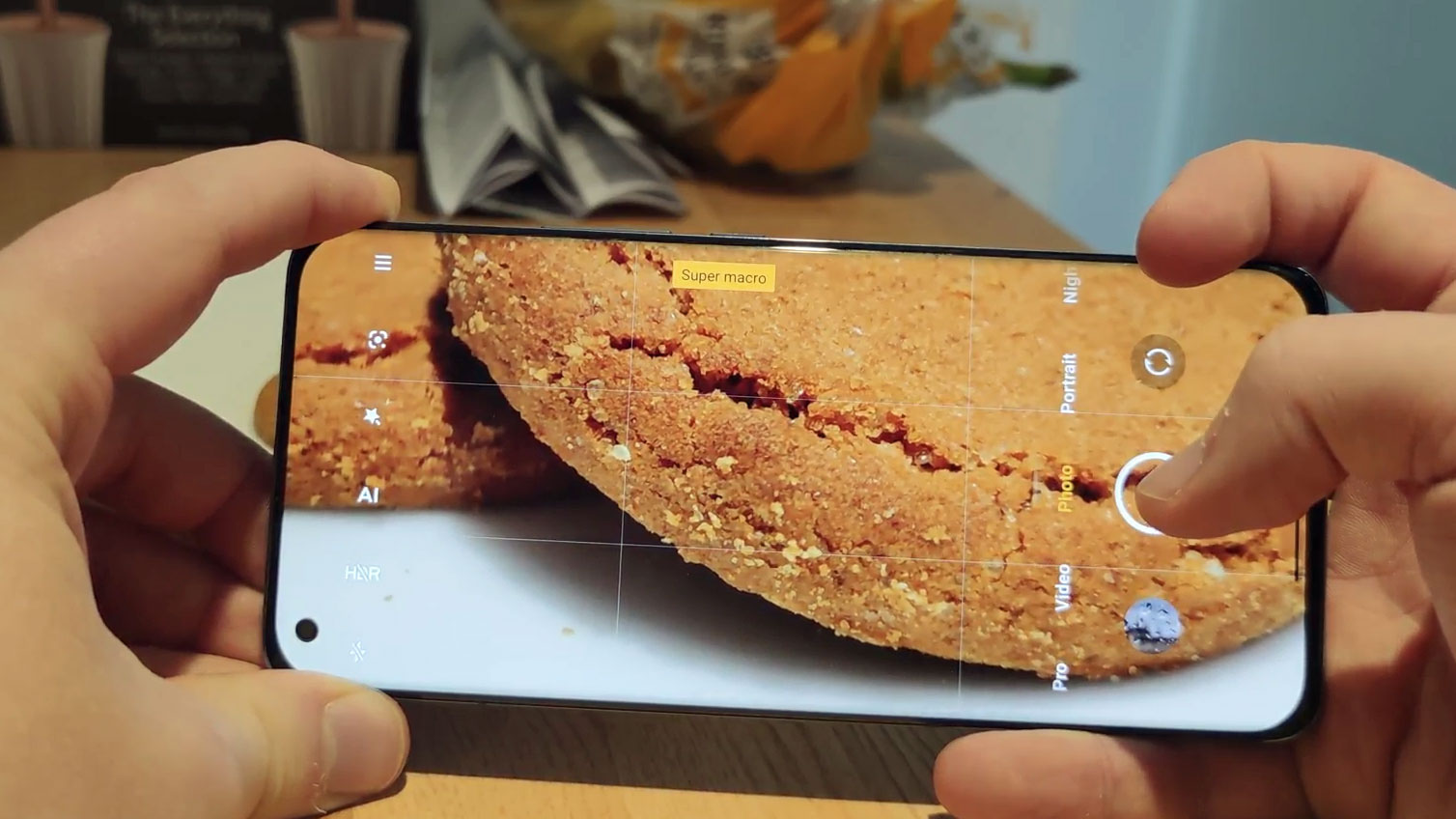
It’s very easy to take food for granted – the packet-to-mouth process takes very little brain power and even if, like me, you love to cook and bake, it’s easy to view food merely as an ingredient, a piece of a puzzle, a means to an end.
Recently, though, I’ve come to realize food can be a lot more beautiful than we give it credit for – and I’m not talking the beauty of a freshly-cooked five-cheese pizza, but the captivating patterns and designs of small, raw ingredients.
I’ve been using the Xiaomi Mi 11 for around a week now, and one of its features has me thinking about food a lot more – and, more importantly, viewing food in a way I hadn’t before.
The Xiaomi Mi 11 camera
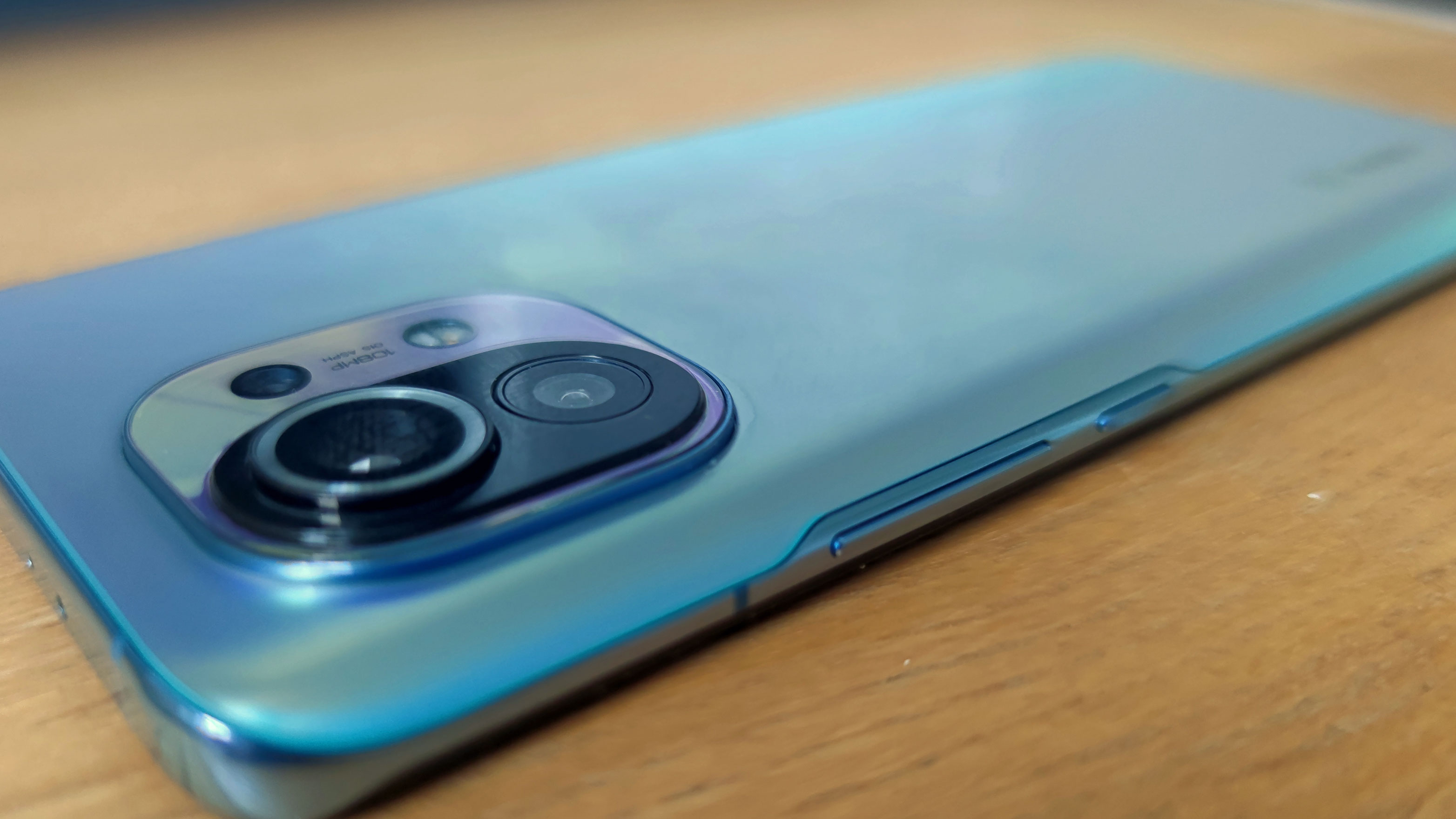
The Xiaomi Mi 11 has the best macro camera of any smartphone I’ve tested (used for close-up snaps). Not only is its sensor higher-resolution than most, but its lens is a telemacro one, so you don’t have to hold the phone so close to the subject. As a result, you won’t find yourself blocking all the natural light with the hefty phone, as you would for another device.
The upshot of this is that, not only does the Xiaomi Mi 11 take better close-up snaps than most phones, but it’s a lot easier to use too. When I figured this out, I went on an energetic spree photographing most anything I could find around my house.
Naturally, this quotidian photoshoot took place largely in my kitchen, my place of worship – I don’t exactly have a big house – and I found myself taking lots of photos of various foodstuffs. Rice, coffee granules, herbs, more.
These pictures showed me the food in far better detail than my eye could make out – I could see the tiny textures of foods, the droplets of moisture, grooves cut in vegetables and the pits and craters and valleys of an instant coffee granule that could have been confused for a lunar map, if it weren’t for the coffee jar it was in.
Get daily insight, inspiration and deals in your inbox
Sign up for breaking news, reviews, opinion, top tech deals, and more.
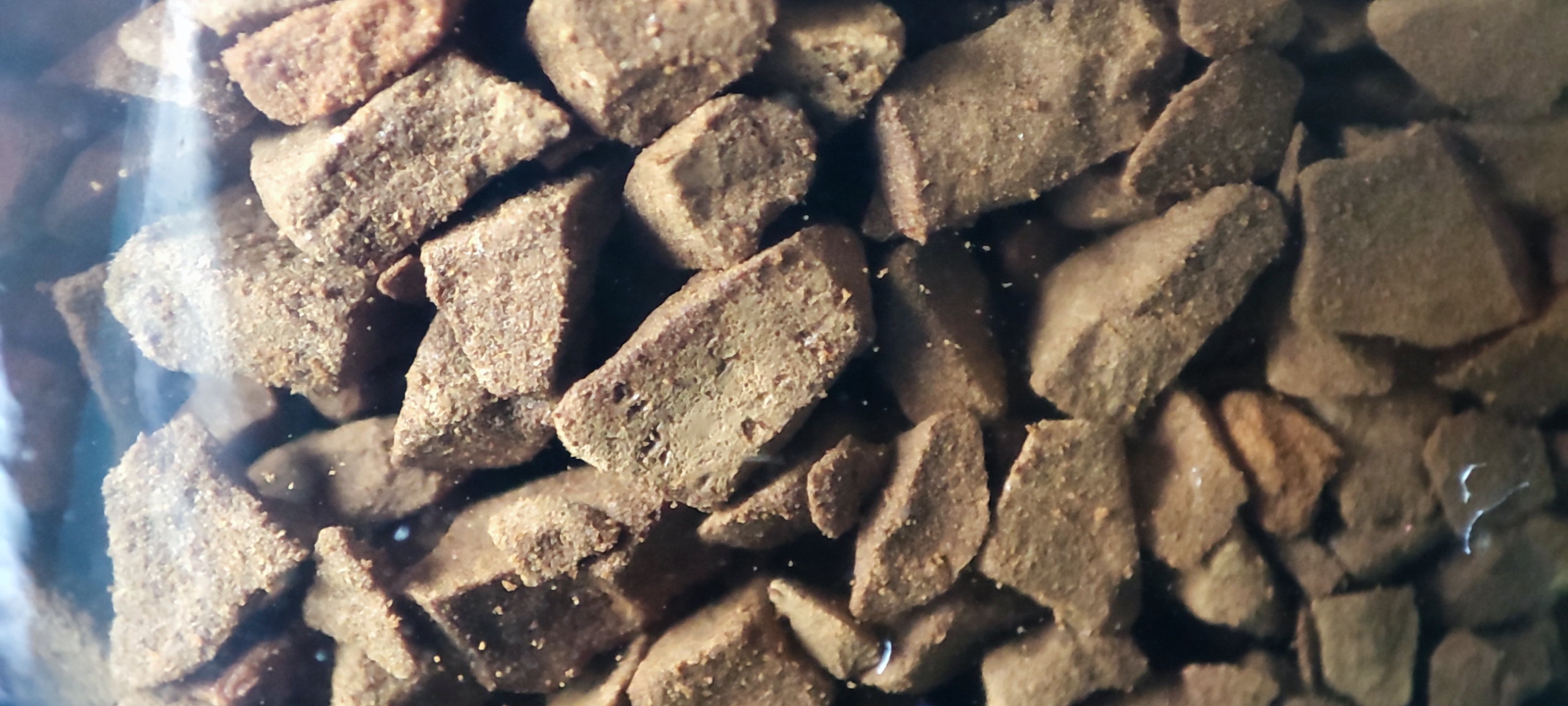
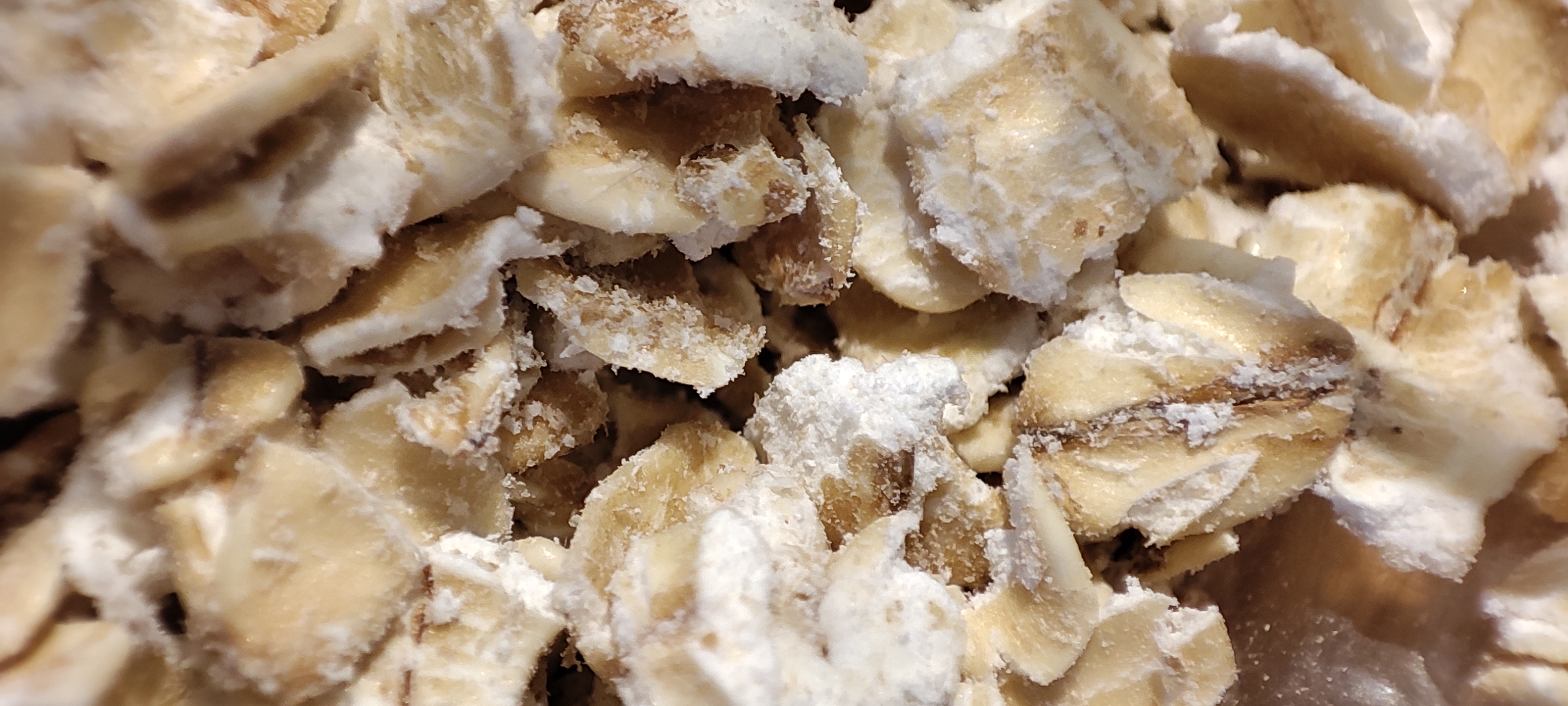
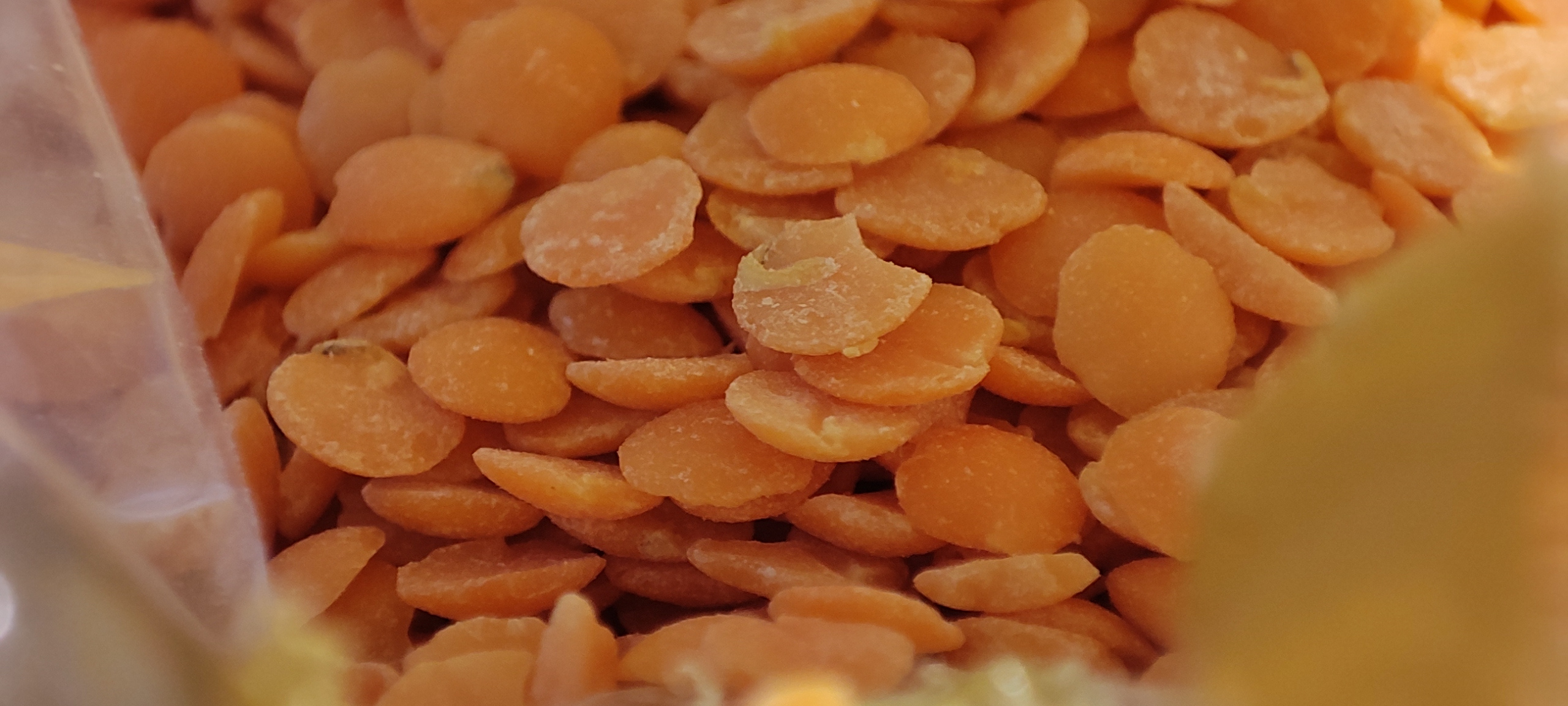
Picture this
For the first time in a long time, I actually started looking at food again – I don’t mean looking like I do when cooking, checking to make sure a potato is totally peeled, or a pepper thoroughly fried, or some loaded fries crisped to the perfect shade of gold – I mean really admiring the food.
As with many products of the natural world, food contains so many patterns and rhythms that you only spot when you look up close. An orange peel can turn into a peg solitaire board, oats can become a shale cliff that’s close to collapse.
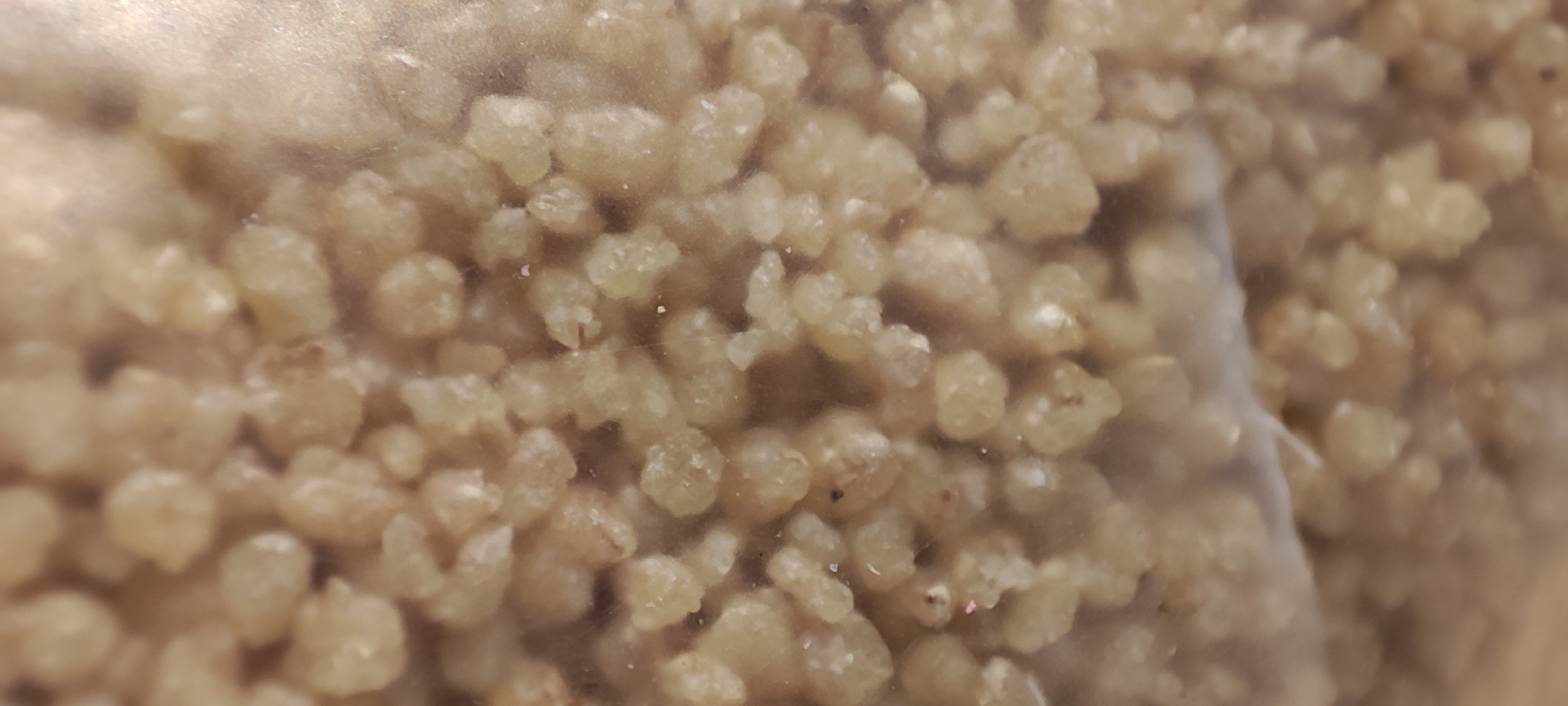
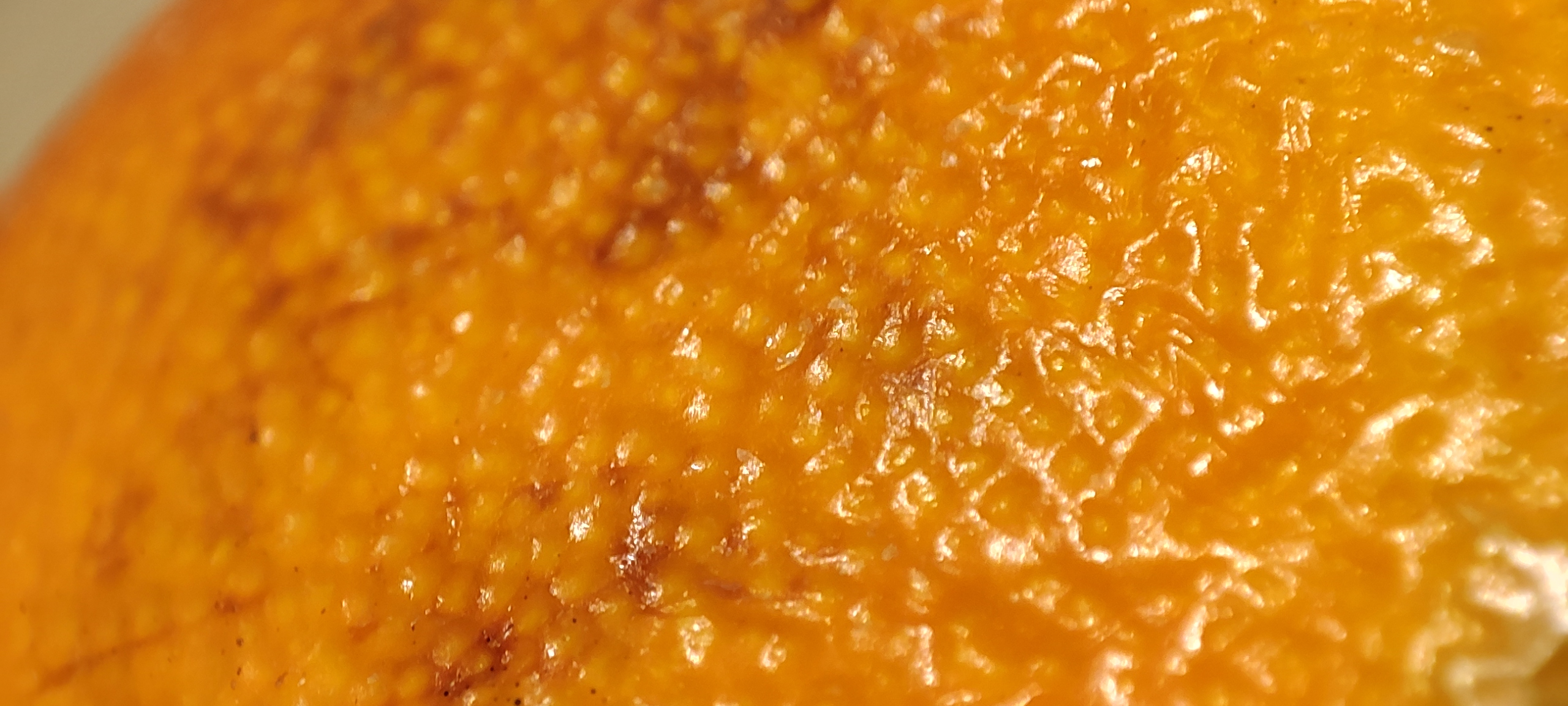
Natural fractals are always curious things, and while I can’t quite say those perfect mathematical patterns were replicated in my larder, it was still captivating to see all the diagrams and ornaments present when you look at food up close.
This article will be peppered with Xiaomi Mi 11 macro camera samples, and hopefully one or two of the shots will captivate you as it did me.
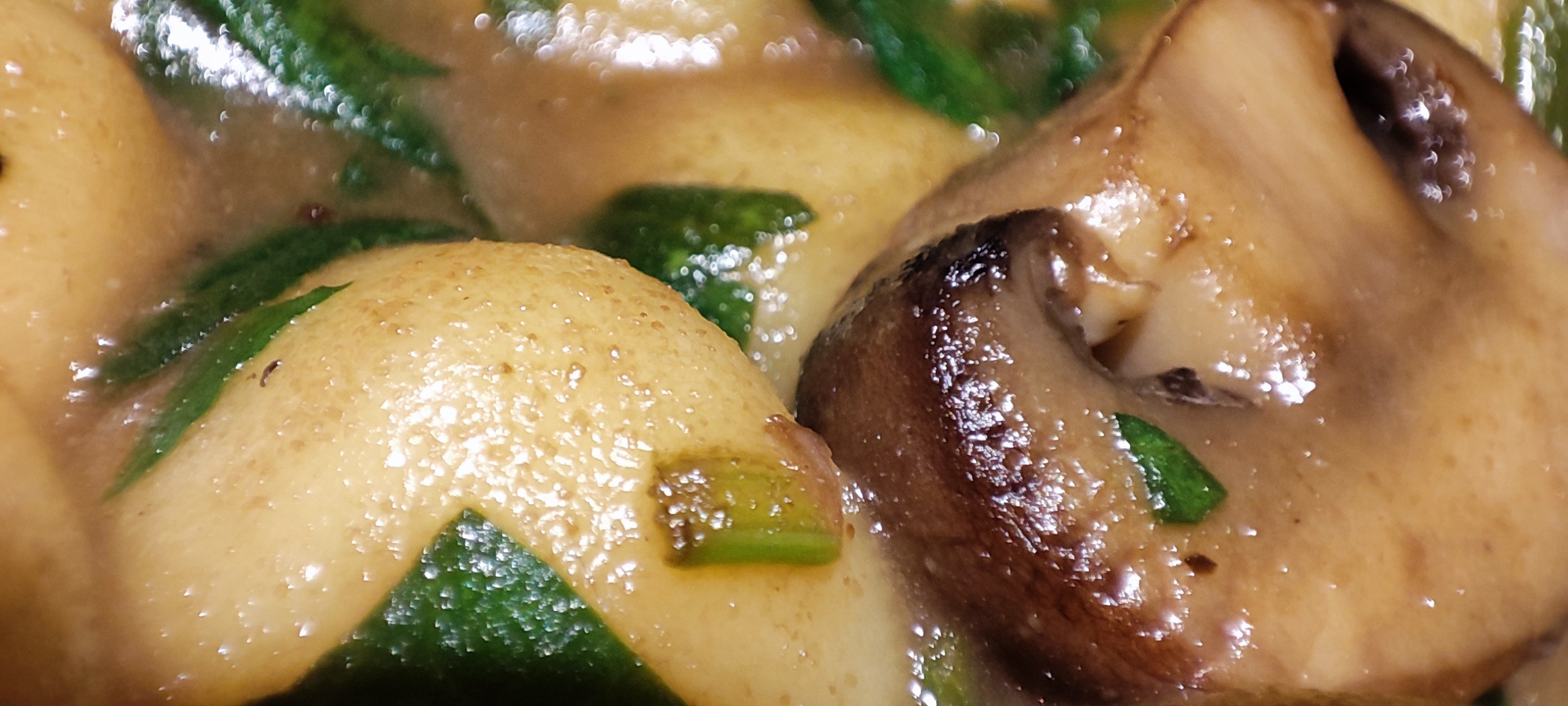
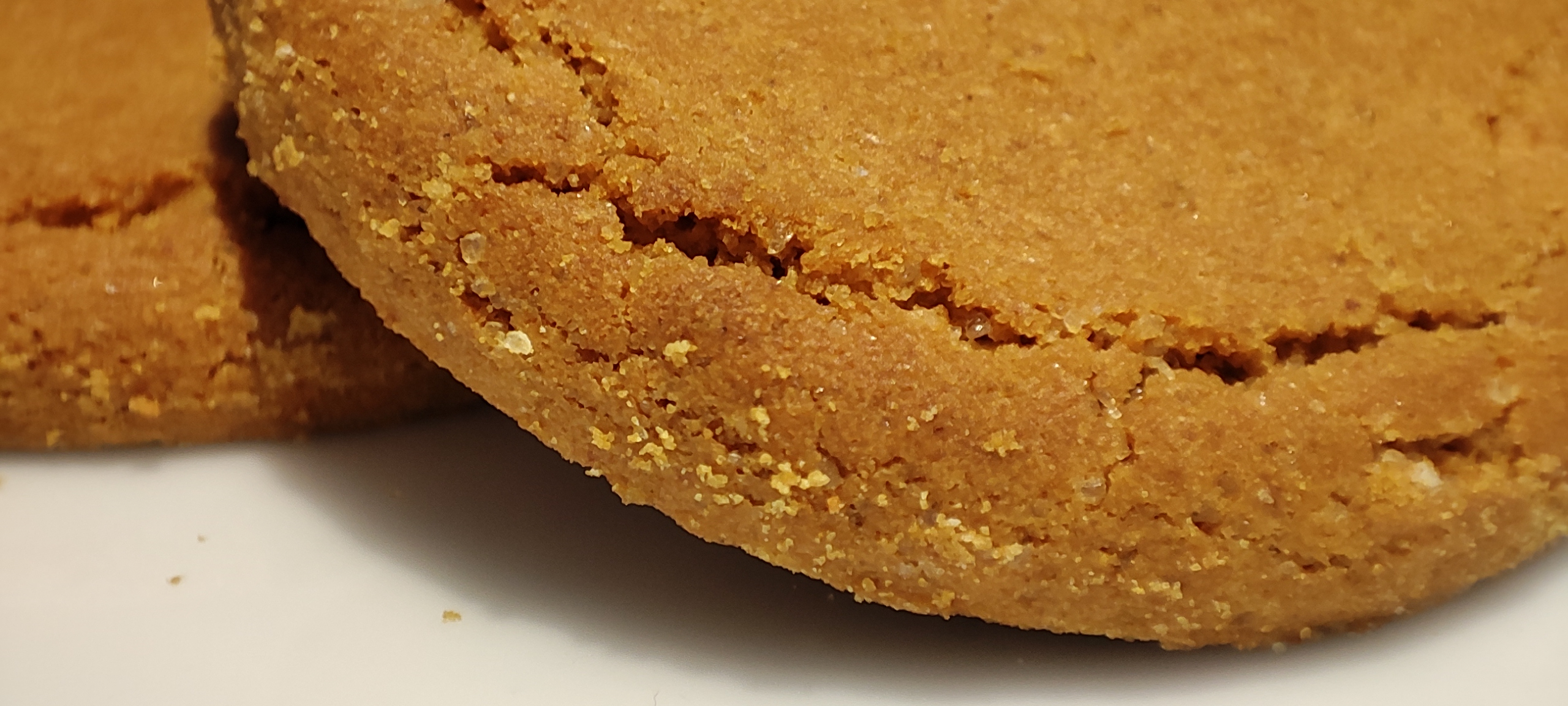
This would typically be the point in the article where the grand breakthrough happens – ‘and thanks to seeing food up close, I learned I should eat healthier’ – but I’m sorry to say there’s no such denouement here. I just thought this close-up food looked really interesting to look at, enough so to share.
Since my macro revelation, I’ve found myself photographing just about everything I eat, and more often than not it produces impressive results. Lentils look gorgeous up close, and I somehow even managed to make tofu look appealing, though that latter result is more evidence than the rest of this article that I’ve been going a little macro-mad.
I’m looking forward to my country’s lockdown ending, so I can take pictures of things that aren’t about to go on my face, but until then I’m enjoying this new-found admiration of the beauty of food.

Tom Bedford joined TechRadar in early 2019 as a staff writer, and left the team as deputy phones editor in late 2022 to work for entertainment site (and TR sister-site) What To Watch. He continues to contribute on a freelance basis for several sections including phones, audio and fitness.